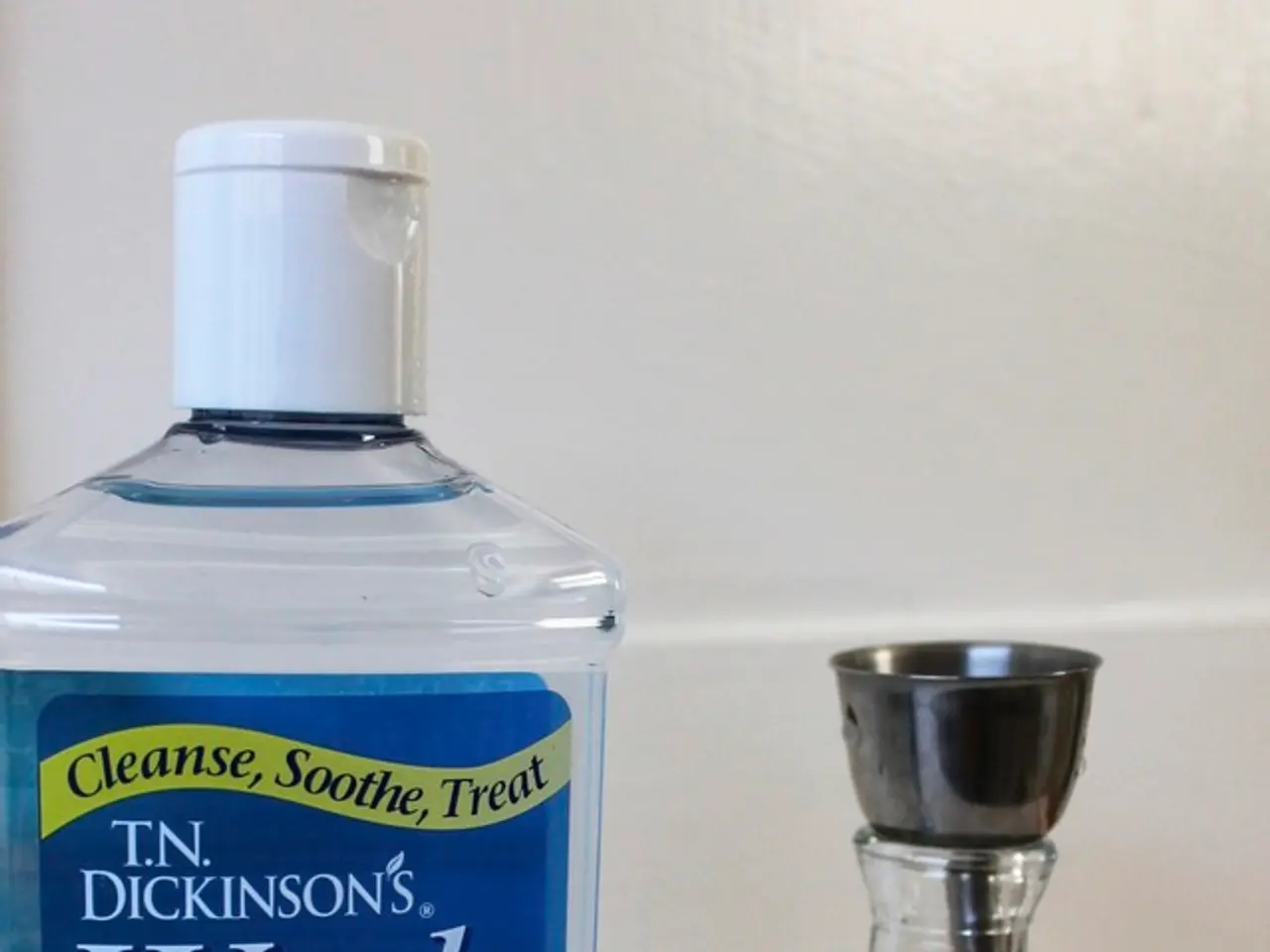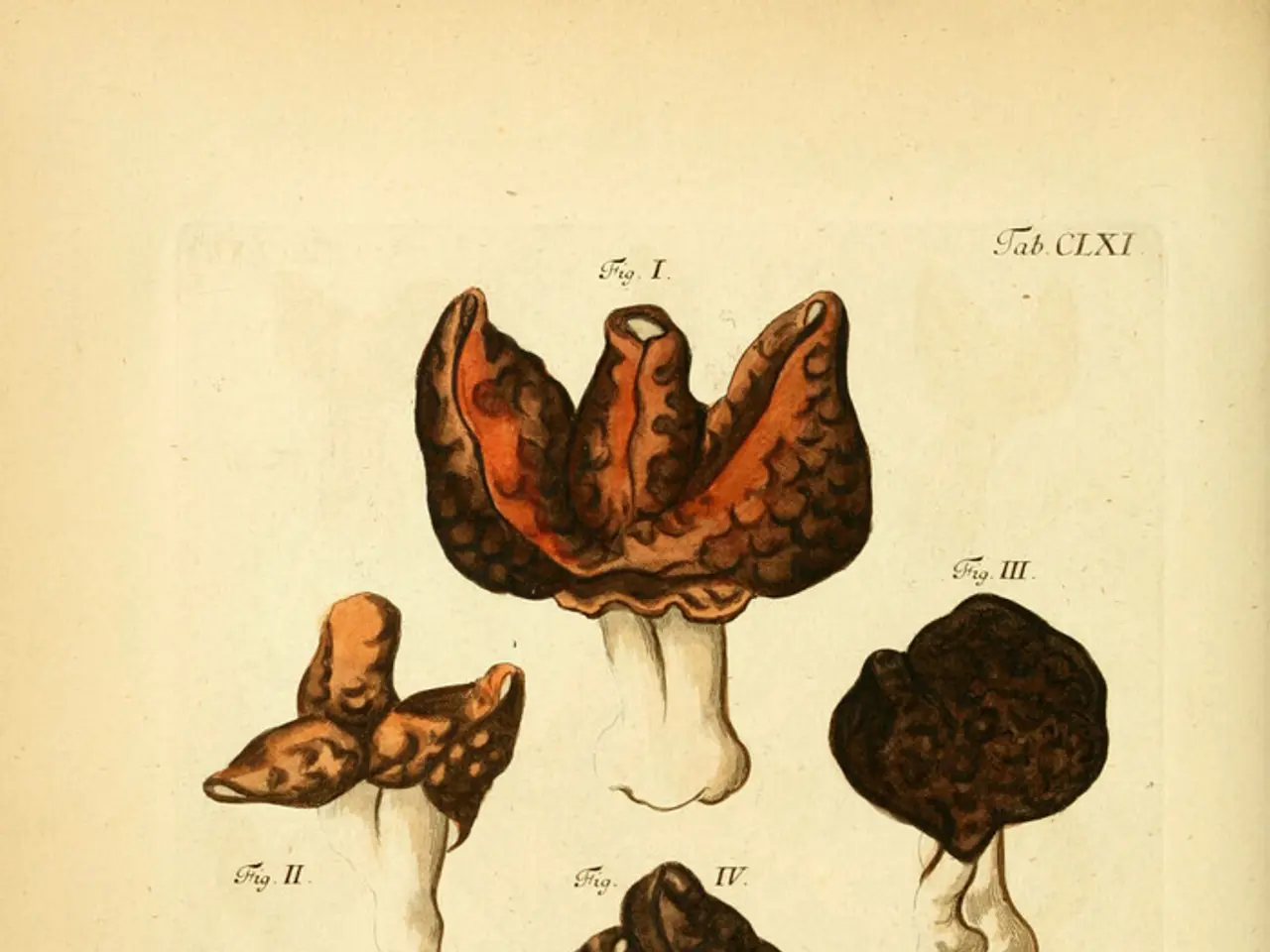Comparing Cloth and Disposable Diapers: Which Choice is Superior in Nigeria?
In the realm of parenting, the choice between cloth and disposable diapers has become a significant consideration for Nigerian families. Both options come with their unique advantages and disadvantages, and the decision often hinges on individual preferences, lifestyles, and affordability.
Cloth Diapers: A Cost-Effective and Eco-Friendly Option
Cloth diapers, with their cost-effectiveness and environmental benefits, have gained popularity among Nigerian parents. Made from natural materials like cotton, they are breathable and free from chemicals, reducing risks of skin irritation and allergies on babies' sensitive skin.
While cloth diapers require a higher upfront investment, they are much more cost-efficient over time since they are washable and reusable multiple times. This can be a critical advantage in Nigeria, where many families prioritize cost savings. However, washing cloth diapers does require reliable access to water and detergent, plus time and labor, which can be challenging given infrastructural constraints or water scarcity in some Nigerian settings.
Disposable Diapers: Convenience with a Price
Disposable diapers offer superior convenience and time-saving benefits, eliminating the need for washing nappies. They are widely available in urban centres and seen as modern and convenient, influencing cultural acceptance. However, they come at a higher financial and environmental cost.
Disposable diapers contribute significantly to non-biodegradable waste, exacerbating landfill and pollution problems in Nigeria, especially in areas with poor waste management systems. Additionally, they can pose a risk of diaper rash due to the chemicals present in them, although they do offer a higher absorption capacity, reducing the chance of leaks.
Weighing the Options
When making a decision on which type of diaper to use, parents should carefully weigh the advantages and disadvantages of both options. Ensuring the baby's comfort and hygiene should always be the top priority.
In the long run, disposable diapers can be more expensive compared to cloth diapers for families on a tight budget. On the other hand, their convenience may outweigh the costs for busy parents.
A Balanced Approach
The debate between cloth and disposable diapers is subjective, and there is no one-size-fits-all answer. Parents are encouraged to consider their unique circumstances and make an informed decision that best suits their needs.
Popular disposable diaper brands available in Nigeria include Pampers, Huggies, Molfix, Snuggles, and Babyjoy. Cloth diapers, while less common, are also available and are gaining traction due to their environmental benefits and potential to reduce diaper rash.
Ultimately, the choice between cloth and disposable diapers is significant in the Nigerian context, taking into account environmental impact, cultural preferences, and health considerations. By understanding the pros and cons of each option, parents can make an informed decision that best meets their needs and values.
- In the context of parenting, cloth diapers, due to their cost-effectiveness and environmental benefits, are popular among many Nigerian families who look for eco-friendly options for their babies.
- Made from natural materials like cotton, cloth diapers are breathable and free from harsh chemicals, promoting baby's health and wellness by reducing risks of skin irritation and allergies.
- Parents need to weigh the advantages and disadvantages of each type of diaper, with the baby's comfort, hygiene, and safety always being top priorities.
- While cloth diapers require a higher upfront investment, they are more cost-efficient in the long run as they are reusable and can save families, especially in Nigeria where cost savings are important, money over time.
- On the other hand, disposable diapers offer convenience with their one-time use, but they pose a higher financial and environmental cost, contributing significantly to non-biodegradable waste and pollution issues in Nigeria.
- Additionally, disposable diapers may increase the risk of diaper rash due to the chemicals present, although they offer a higher absorption capacity, lowering the chance of leaks.
- It's crucial for parents to research brands like Pampers, Huggies, Molfix, Snuggles, and Babyjoy, and also consider less common but eco-friendly options like cloth diapers while keeping in mind cultural preferences, budget, and the baby's health and environmental impacts within the context of their family and lifestyle.




